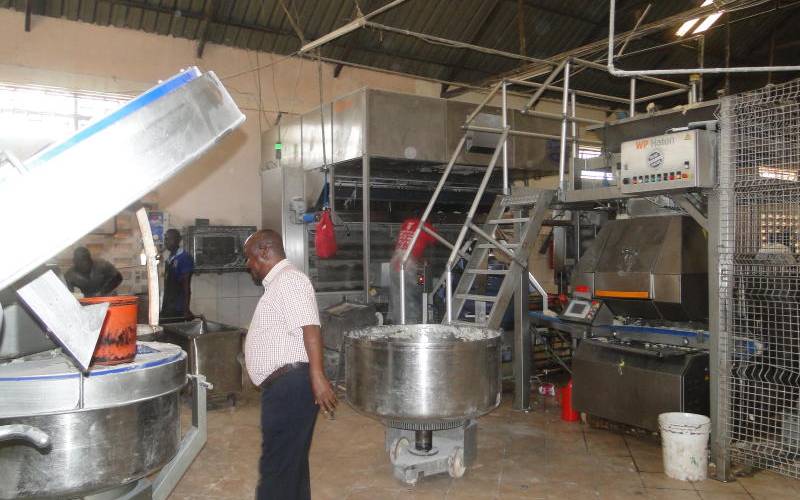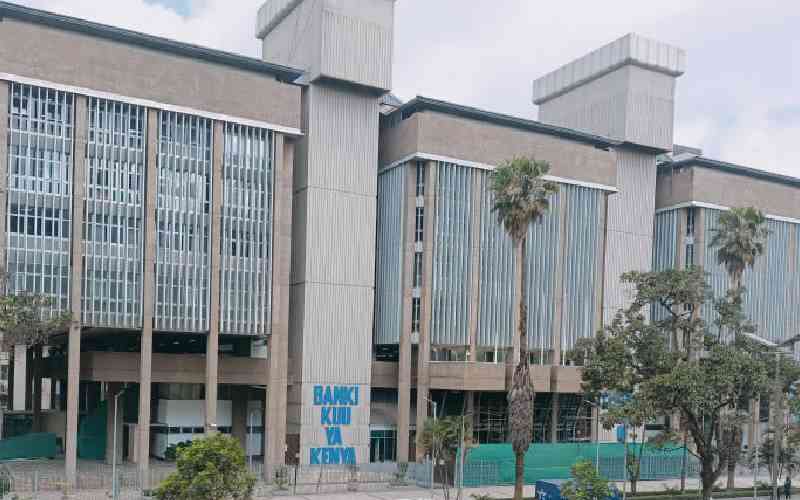×
The Standard e-Paper
Home To Bold Columnists

Inside Alicia baking factory in Got-Agulu, Siaya County. The company produces between 30, 000 and 40, 000 loaves per day. [Isaiah Gwengi,Standard]
In 2006, Aggrey and Beatrice Ochieng decided to build a residential home in their rural village and enjoy a quiet retirement.







